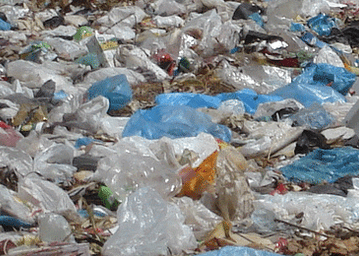

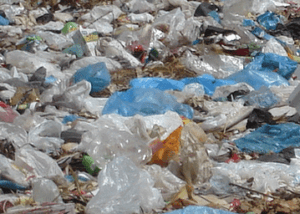 The country generates 1.1 billion of plastic waste annually, Mr Richard Adjei-Poku, the Executive Director of the Livelihood and Environment Ghana (LEG), an environmentally centered organisation has said.
The country generates 1.1 billion of plastic waste annually, Mr Richard Adjei-Poku, the Executive Director of the Livelihood and Environment Ghana (LEG), an environmentally centered organisation has said.
“However, only nine percent of the waste is recycled, 41 percent is collected, and 50 percent remains uncollected”, he told the Ghana News Agency (GNA) in an interview in Sunyani, saying the nation spent close to $6 billion in cleaning plastic waste every year. LEG is a community-based not-for-profit and Non-Governmental Organisation which promotes environmental sustenance and also seeks to better the socio-economic livelihood of marginalized people, advocates their rights and promotes transparency, accountability, and sustainable use of natural resources.
In Africa, he indicated that “research shows that the continent generates about 17 billion plastic waste costing it close to $561 billion”.
Besides the economic impacts, Mr Adjei-Poku stressed that plastic pollution “huge environmental and health impacts are so catastrophic,” saying plastic polluted water bodies, caused biodiversity loss and increased greenhouse gases.
He said: “Chemicals like Bisphenol A, Dioxin and retardant use in the production of plastics contain high toxicity and can cause cancer, reproductive and development problems, damage to the immune system and metabolic disorders like diabetes, obesity and infertility”.
Mr Adjei-Poku said concerted and decisive approaches were required to control indiscriminate use and dumping of plastic waste and called on other NGOs and corporate bodies and religious organisations to help intensify awareness creation on plastic pollution.
He said LEG remained committed in regreening the environment and restoring the nation’s depleted forest and vegetative cover, assuring its readiness to support the government’s Tree4Life Reforestation initiative for the nation to derive the optimum benefit.
President John Dramani Mahama launched the ‘Tree4Life Reforestation’ Initiative as a major national effort to restore the nation’s forests, which provide essential resources such as food, water, medicine, and employment to many Ghanaians.
The implementation of the Tree4Life initiative further gears towards putting the nation on the path to attaining the United Nations Sustainable Development Goals (SDGs) 11 and 13 of respectively achieving Sustainable Cities and Communities and Climate Action.
Global goal 11 aims to make cities inclusive, safe, resilient, and sustainable, while goal 13 addresses the urgent need to combat climate change and its impacts.
Source: GNA
The post Plastic pollution said to cost Ghana $6b every year? appeared first on Ghana Business News.
Read Full Story
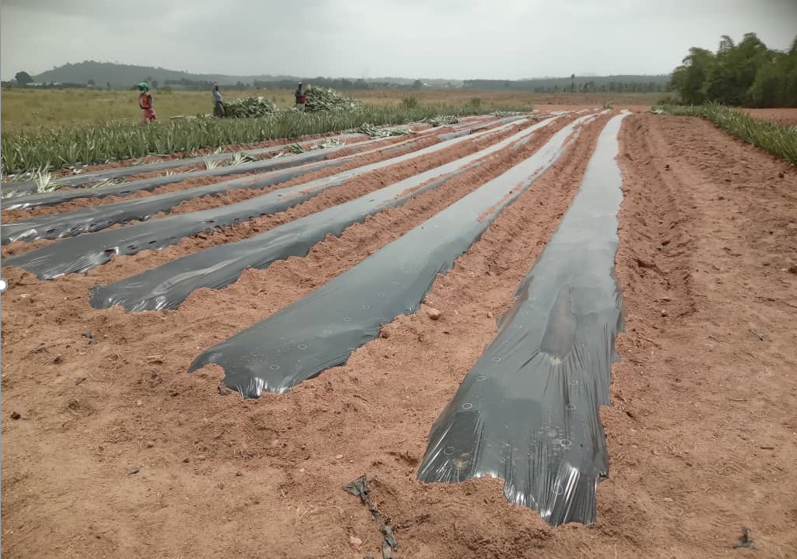
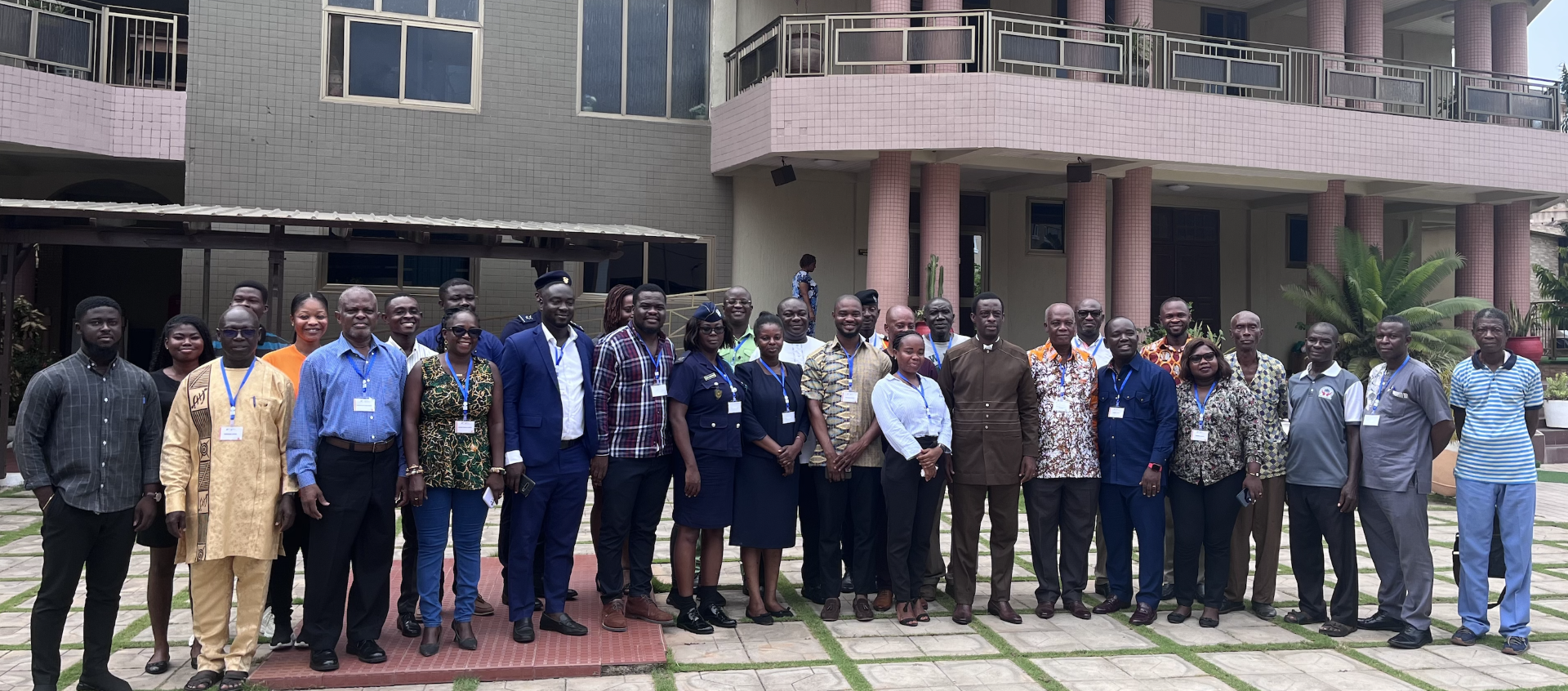

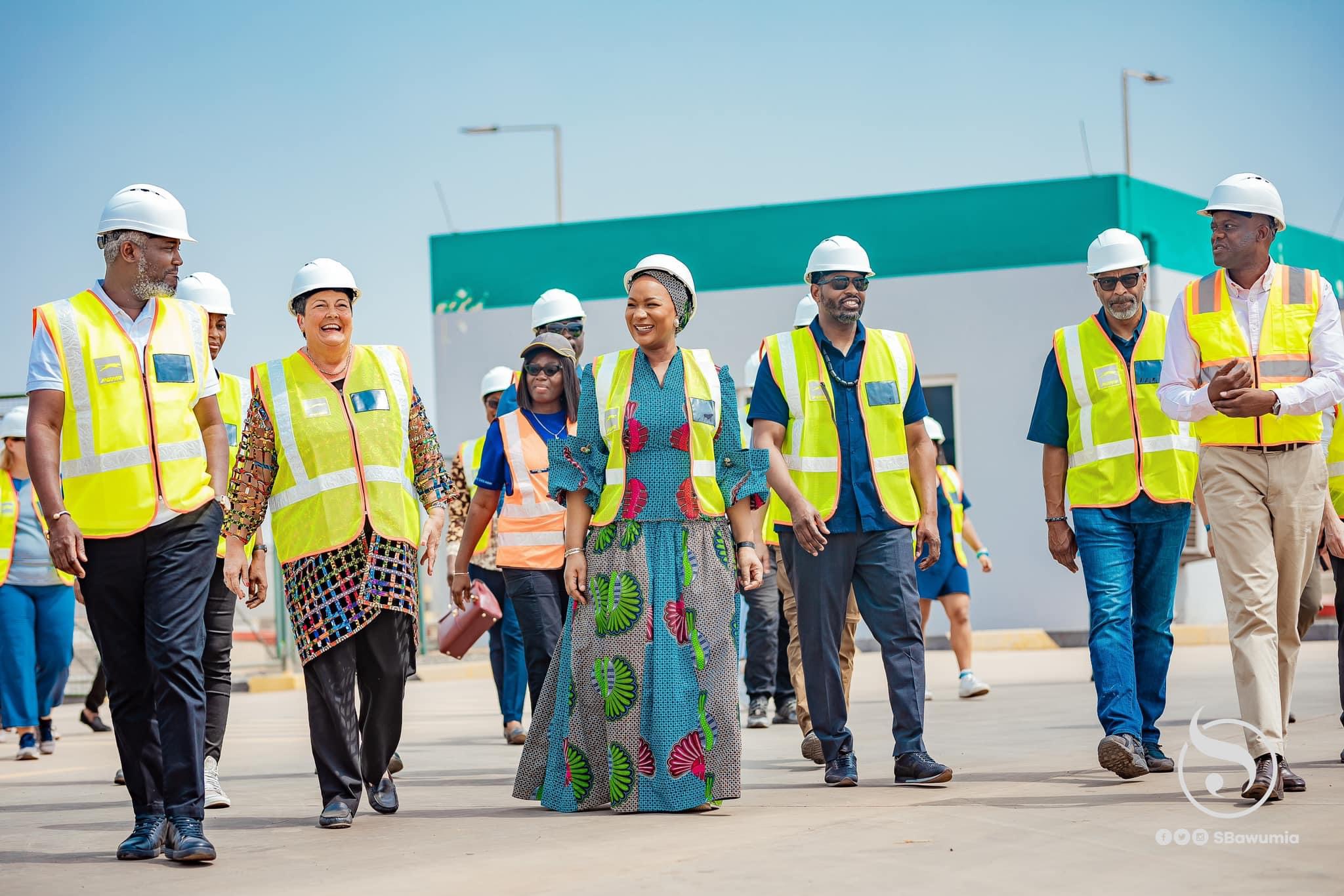



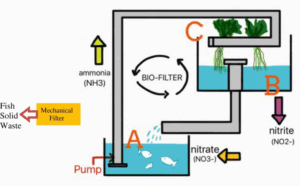








Facebook
Twitter
Pinterest
Instagram
Google+
YouTube
LinkedIn
RSS